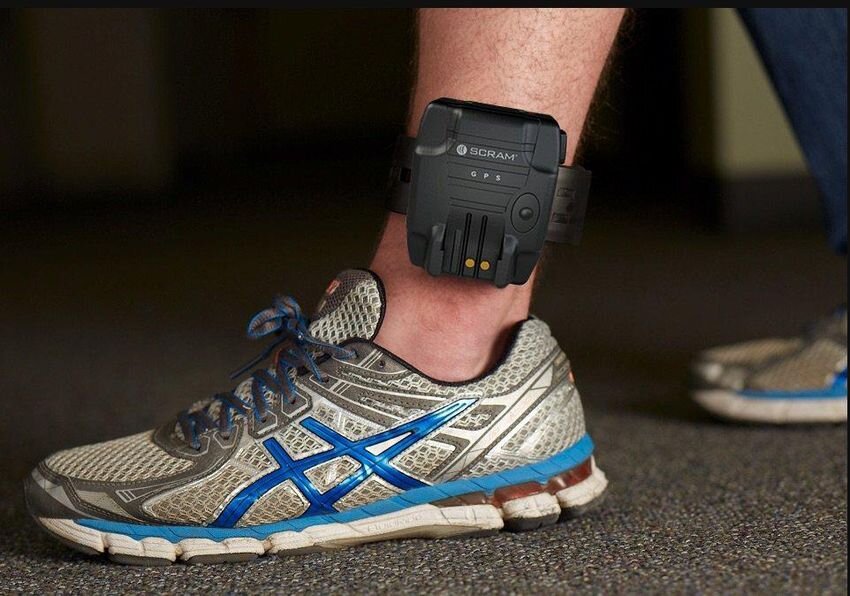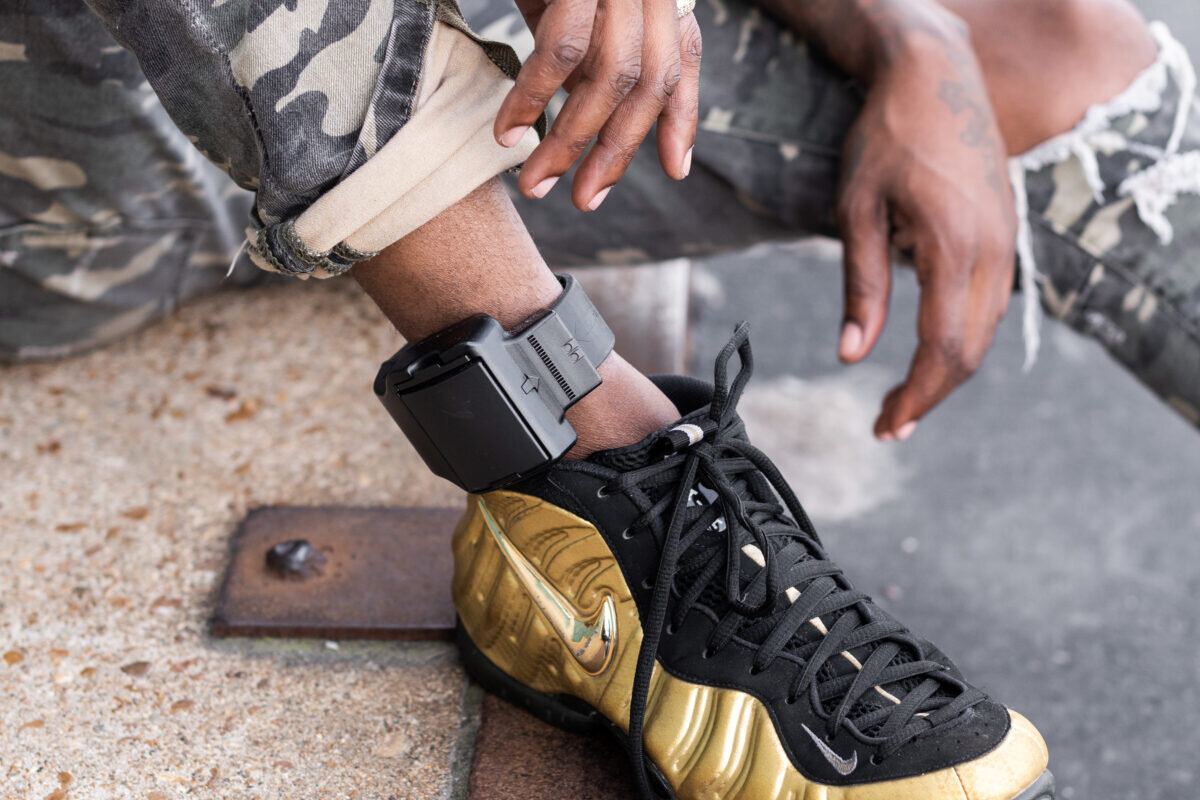The United States criminal justice system currently holds “almost 2.3 million people.” Out of the 2.3 million people incarcerated, 612,100 are held in state jails. Out of those 612,000 inmates, 462,000 have not been convicted of any crime. Shockingly, only 24% of those being held in state jails have actually been convicted of a crime. Statistically, over “74% of people held by jails [have not been] convicted of any crime” and are being held in pre-trial detention.
One of the biggest contributors to this high percentage of pre-trial detention is the cash bail system. According to a 2017 study on pre-trial detention published by the University of Chicago, “[o]f the 38 percent of felony defendants who are detained, nine of 10 fail to post [cash] bail.” And “[o]f those held on bail, 81 percent have bail set at less than $5,000, and 44 percent have bail set at less than $1,000.” When a defendant’s pre-trial freedom depends on their ability to post cash bail, wealth undoubtedly plays a large role in the criminal justice system. The current bail system is a two-tiered system in which poor defendants are detained awaiting trial while rich defendants are released. A wealth based determination of a defendant’s pre-trial freedom is unconstitutional and violates Equal Protection.
States Use Ankle Bracelets To Combat Wealth Inequity Issue
The role that wealth plays in the criminal justice system raises serious concerns and many reformers have called for change. In response, several states have engaged in serious bail reform. One popular alternative to cash bail is ankle bracelet monitoring. Courts are beginning to offer ankle bracelets as an option for certain crimes such as low-level, non-violent offenses.
The problem is that many states defer the costs of maintaining ankle bracelets onto defendants themselves. At first blush, a defendant’s decision to opt for ankle bracelet monitoring versus remaining in jail before trial makes total sense. For most Americans, limited pre-trial freedom even under electronic supervision is preferable to no freedom at all. Very few Americans, however, understand the true costs of maintaining an ankle bracelet.
An ankle bracelet costs about $50 for setup and $14 for daily maintenance. Over the course of one month, a defendant will easily pay $470 to have an ankle bracelet. These costs can be even higher, depending on their location. For example, it costs up to $35 a day to maintain an ankle bracelet in San Francisco. And with the average time spanning up two years in some jurisdictions before a criminal case goes to trial, the costs quickly add up. According to a 2011 report by the Criminal Court of the City of New York, “it took over 400 days, on average, in the city’s other four boroughs to bring a case to a jury trial and verdict—with cases in Brooklyn taking nearly 600 days.” For many defendants, who cannot even afford to post a $1000 cash bail, the cost to have an ankle bracelet is too much. Even worse, if the defendant fails to keep up with the costs, they will end up detained in jail, with no opportunity to pay bail either.
States Should Pay For Ankle Bracelet Monitoring
If the goals of pretrial decision-making are to ensure that people return for their court appearances, to protect the community, and to do so in a constitutional manner, states should not abandon electronic monitoring. However, in order to avoid the unjustified wealth inequities of the cash bail system, states should pay for the ankle bracelet monitors for defendants. A constitutional ankle bracelet option still is a worthy reform for several reasons including the fact that it costs less to taxpayers than maintaining a defendant in jail in pre-trial detention. Bail reform does not accomplish enough if it continues to perpetuate wealth inequality within the criminal justice system. Imposing the costs of ankle bracelets onto defendants perpetuates the unconstitutional wealth inequities of the cash bail system. States can and must do better.



